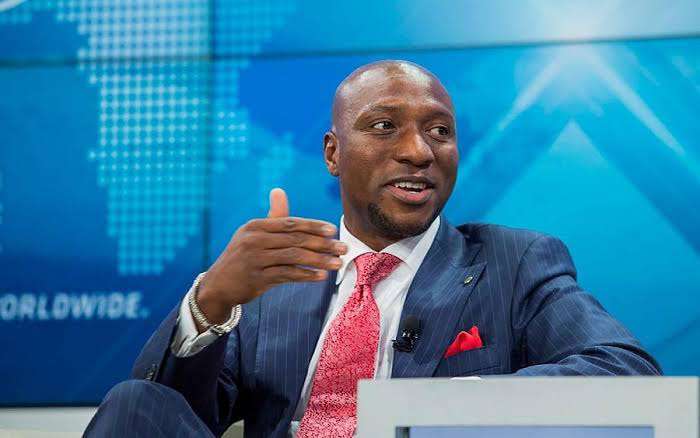Business
Onyema lauds CloD Nigeria for playing pivotal role in shaping governance landscape

The Group Chief Executive Officer of the Nigerian Exchange Group Plc, Oscar Onyema, OON has said that the Chartered Institute of Directors, Nigeria (CIoD) can play a crucial role in promoting and shaping the governance and leadership in the country.
Onyema stated this while delivering a keynote address at the Investiture of Alhaji Tijjani Borodo as the 18th President and Chairman, Governing Council, CIoD Nigeria, in Lagos yesterday.
He noted that the institute which was founded 40 years ago, stands out as the premier corporate governance and leadership development body due to the huge impact it has had on the leadership of many organizations in Nigeria.
Onyema noted that the recently enacted Chartered Institute of Directors, Nigeria (Establishment) Act, 2023, provides a legal framework that strengthens the institute’s authority and expands its responsibilities. This, he said, brings both challenges and opportunities for the organization.
According to him, with the new legal powers and the increased focus on transparency and governance, the CIoD Nigeria can play a pivotal role in driving improvements in board composition, disclosure, and evaluation practices among its charter holders and this will enhance corporate performance and reputation.
He said that the growing importance of Environmental, Social, and Governance (ESG) issues provides an opportunity for the institute to guide its charter holders in addressing these concerns. Onyema said, “As sustainability standards become more prevalent, the CIoD Nigeria can help companies adapt and meet disclosure requirements. With its established reputation, the institute can advocate for policies and practices that foster growth and innovation, aligning with broader national and global governance trends”.
Speaking on the challenges the institute might face, the NGX Group CEO, pointed out that as per the new Act, the CIoD Nigeria is required to establish branches in each state capital, relocate its headquarters to Abuja, and manage zonal offices in multiple locations. He said that expansion poses logistical and operational challenges, including staffing, infrastructure, and financial resources.
He added that while the Act mentions potential sources of funding like subscriptions, penalties, and donations, ensuring sustainable funding to support the institute’s growth and operations will be a significant challenge as developing a robust financial strategy is essential.
Congratulating the institute on its 40th anniversary and Borodo on his investiture and swearing in as the 18th President and Chairman of the Governing Council of the Institute, Onyema urged the newly elected President to ensure his strategic agenda will be built review, reform and reinvigoration.







